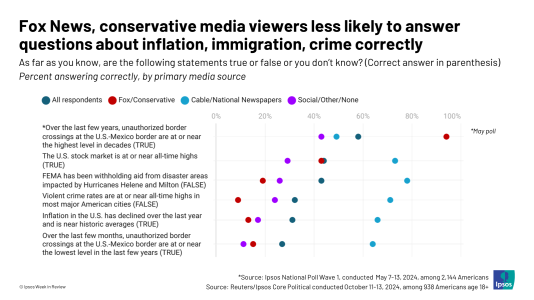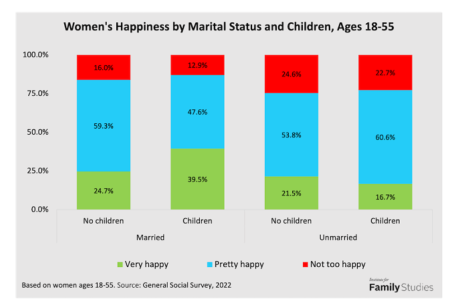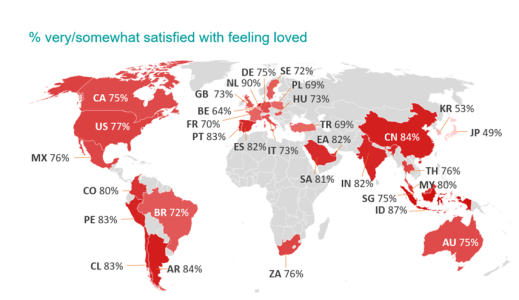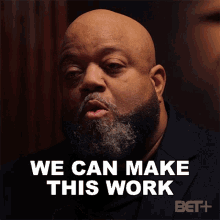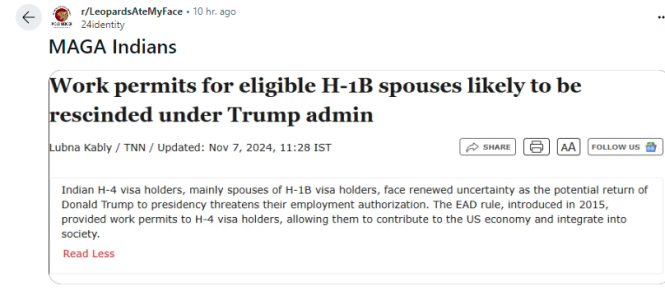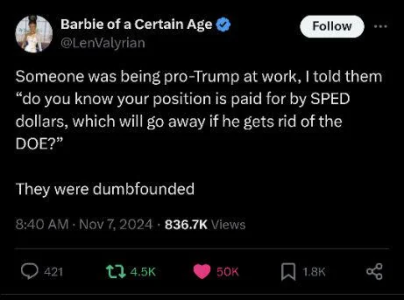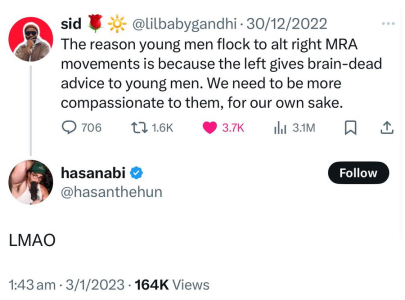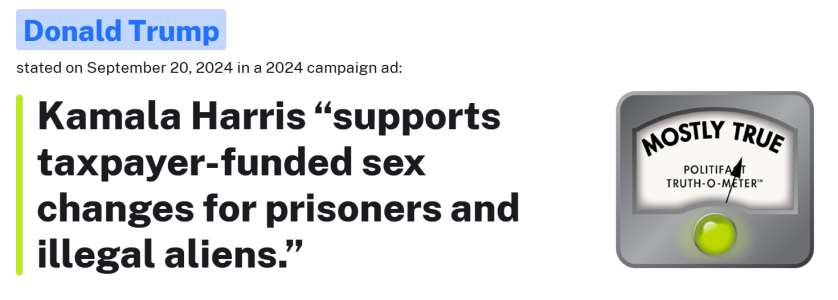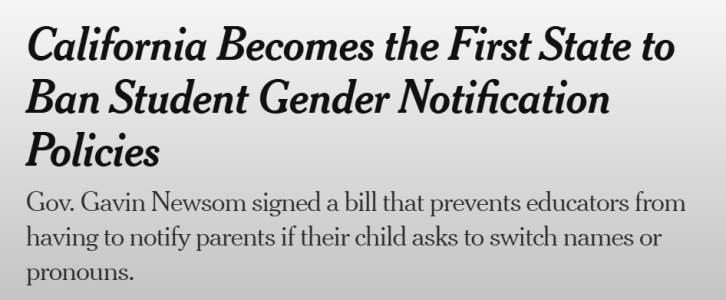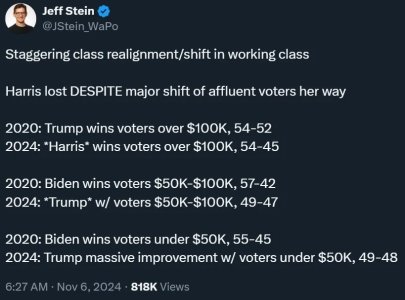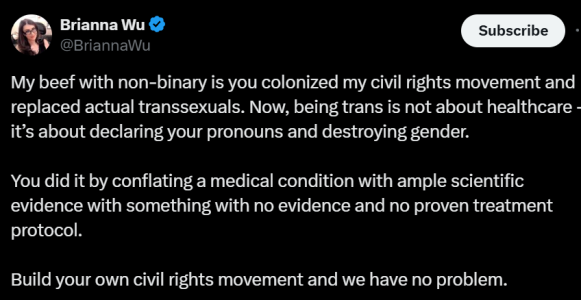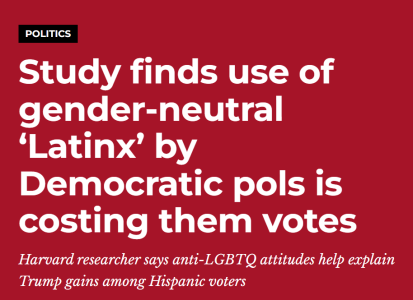To understand why the justice’s questions were so ill-advised, it’s important to remember that
we’ve been here before, in 1992’s
Planned Parenthood v. Casey. Then, as now, a conservative court was on the brink of abolishing abortion rights. In a surprise move, three Republican-appointed justices chose to uphold
Roe’s “essence”: a constitutional prohibition on abortion bans before fetal viability (at around 24 weeks). This troika professed misgivings about
Roe as an original matter, suggesting that it may have been wrongly decided. But they chose to affirm it on the grounds of stare decisis, a doctrine counseling respect for precedent.
The
Casey troika provided several reasons for this turnabout, including a generation’s reliance on the promise of abortion access. But a more contentious justification involved an overt consideration of public opinion. Noting “political pressure” to reverse
Roe, the court declared: “To overrule under fire in the absence of the most compelling reason to reexamine a watershed decision would subvert the Court’s legitimacy beyond any serious question.” In other words, if the court overturned
Roe in the face of so much pressure, the public would perceive it as weak, waffling, and wedded to popular opinion—in a word, illegitimate.
Conservatives despised this conception of stare decisis. In his dissent from the bench, Chief Justice William Rehnquist asserted that “once the court starts looking to the currents of public opinion regarding a particular judgment, it enters a truly bottomless pit from which there is simply no extracting itself.” Justice Antonin Scalia dismissed the rationale as “almost czarist arrogance,” providing a mocking summary: “We have no Cossacks, but at least we can stubbornly refuse to abandon an erroneous opinion that we might otherwise change—to show how little” anti-abortion activists “intimidate us.”
Scholarly criticism of
Casey lambastes the court’s reasoning as detached from any constitutional principle, transforming
Roe into a sham “superprecedent” on the basis of purely political considerations. One scholar who made this point was then-professor Amy Coney Barrett: In a 2013 law review
article, she scorned
Casey’s attempt to cement abortion rights by invoking the court’s legitimacy. Jurists and academics like Barrett see this reasoning as anathema to judicial independence, a craven surrender to special interests that defies a judge’s oath to the Constitution alone.
Today’s conservative justices do not share their predecessors’ fear of appearing illegitimate.
It was therefore surprising—to say the least—when Breyer not only alluded to this passage of
Casey on Wednesday but quoted from it extensively in a long, aimless question that took up more than two full pages of the
transcript. He read aloud several of the most vexed and disputed sentences of modern constitutional law as though they were widely embraced as the gospel truth.











